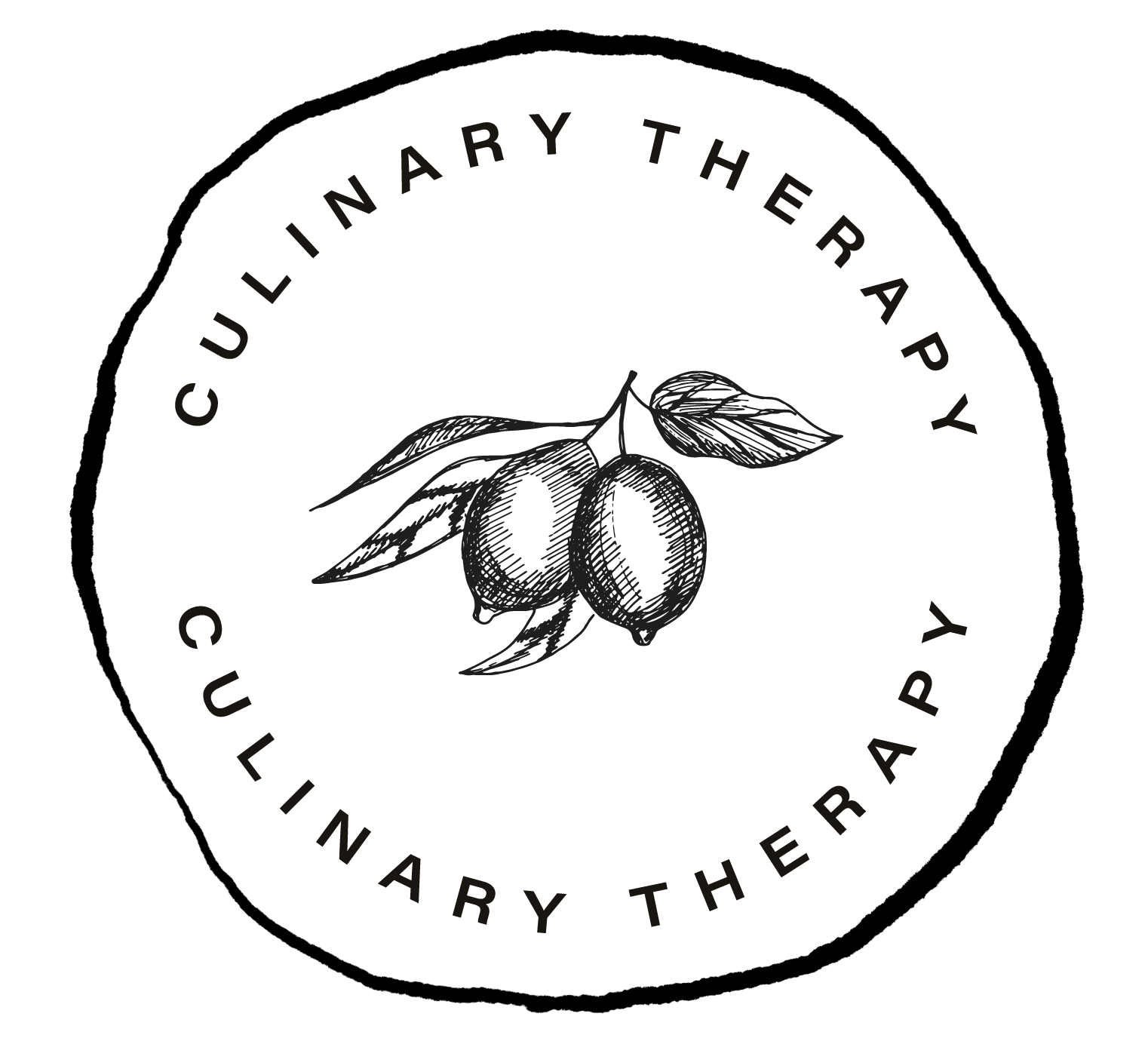Today, I am reminiscing about coffee.
I am reminded of the weeks I spent in Milan while working in the fashion industry. I began the day with a warm café, enjoyed an espresso with lunch, a macchiato mid-afternoon, and a cappuccino after dinner. It was perfect.
So perfect, that I came back to the states determined to continue the Italian tradition, and sought out the best Italian coffee houses in New York for my (supersized!) afternoon lattes.
While I no longer drink coffee, preferring to savor a warm tea instead, coffee is often on my brain. It is hands down the number one question that comes up in my practice, often taking the form of a statement:
“I am ready to learn healthy habits, but I am not giving up my coffee”.
Coffee is really important to our energy levels, our productivity, and our enjoyment. And, the truth is that it can be good for our health.
The Pros of Coffee Consumption:
- According to recent research, coffee has a wide variety of health-supportive benefits, and may reduce the risk of diseases like Alzheimer’s and Parkinson’s disease
- It has purgative (laxative) properties, helping to promote regular bowel movements
- Coffee wakes us up, and helps us stay mentally alert
- Coffee is a mood enhancer, resulting in emotional “highs” as soon as ½ hour after ingestion
- It is delicious
But…
While coffee may undoubtedly have benefits, it also has some significant drawbacks.
The Cons of Coffee Consumption:
- Coffee is a diuretic, promoting urine production, which could lead to dehydration
- It causes cardiovascular problems, increasing heart rate and elevating blood pressure
- It causes emotional disturbances, including anxiety, irritability, depression and even attention disorders that occur once the caffeine wears off
- It stimulates the release of stress hormones, causing anxiety, insomnia, low energy and blood sugar swings that lead to weight gain.
- Coffee suppresses the immune system, resulting in an increased risk for sickness and disease.
- It causes gastrointestinal problems, increasing the risk for heartburn, GERD, and ulcers; and is especially problematic for digestive disorders like IBS, Crohn’s disease, or colitis.
- Caffeine inhibits the absorption of critical nutrients, including calcium, magnesium, potassium, iron, and other trace minerals necessary for optimal health.
- It is laden with pesticides, chemicals, and mold.
According to Dr. Mark Hyman, functional medicine expert, “Chances are if you or someone you care about is sick, inflamed, hormonally imbalanced, nutritionally-compromised, over worked, stressed out, fatigued, depressed, and toxic, coffee is not part of the medicine required for your healing.”
So while some people are able to tolerate caffeine, many more will benefit from kicking the coffee habit or at the very least, giving it a try for a couple of weeks if only just to see how your body responds.
If reducing or eliminating a coffee habit is of interest to you, check out our seasonal detoxes where we’ll upgrade your diet and reduce or eliminate coffee in a simple, manageable way through a proven caffeine protocol. You’ll feel lighter, brighter, and better than you ever thought possible.
Your Simple Action Plan:
To find out whether coffee is an issue for you, experiment going without it for a couple of weeks and see how you feel. Your body is your best guide. If you’d like to explore this season’s signature detox, click here to find out more.
Finally, for those of you able to drink it, my best coffee recommendation (zero pesticides, chemicals or mold) is here:
Bulletproof Coffee




